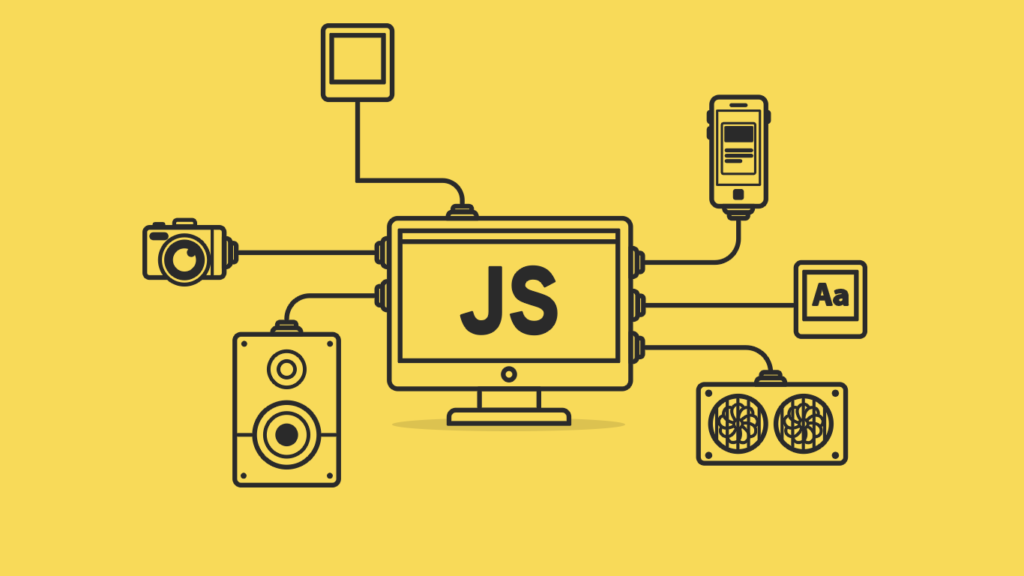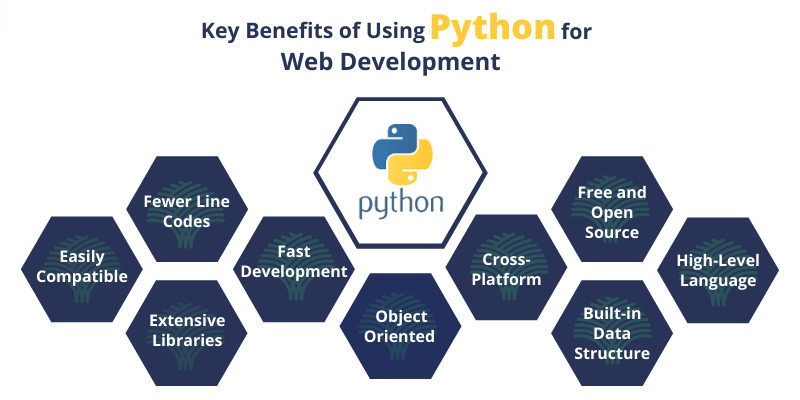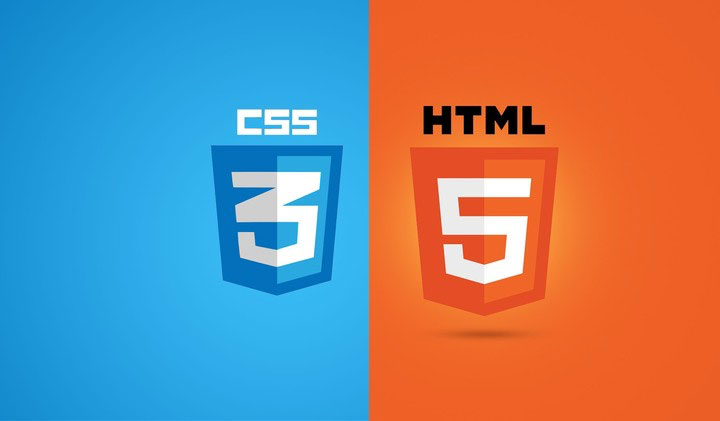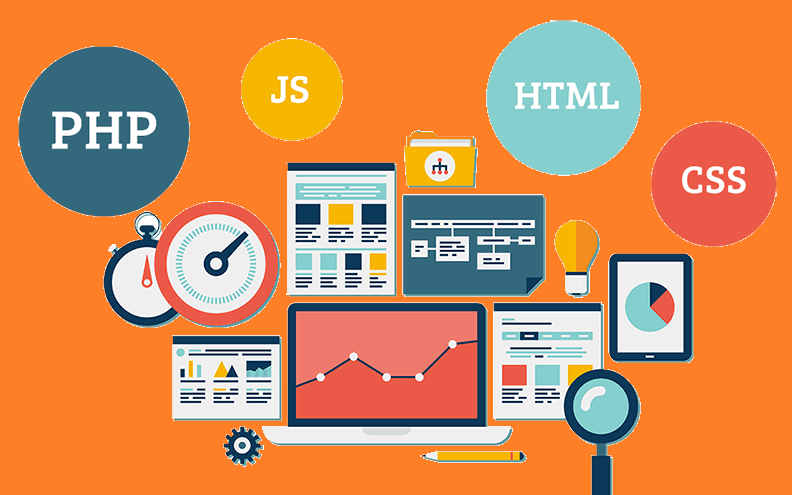Designing an eCommerce website development languages is not easy and it involves selection of appropriate technologies to implement a website that is efficient, secure, and easily scalable for an online business. This process involves some significant and carefully chosen activities, out of which the choice of programming languages seems to be the most critical one. It as also influences usability, performance, and features and even maintainability and scalability of the site. See below for the best 10 website development languages for an eCommerce site to consider:
1. JavaScript

JavaScript is used everywhere in website development languages, the most important role is actively used in creating interactive and UI elements. For the eCommerce sites, features such as product image zoom, carousels, interactive forms, and the updates that appear on the page without the need for re-loading are made possible through JavaScript. React and other frameworks and libraries. js, Angular. js, and Vue. js are derived from JavaScript and are employed in eCommerce web development to design web pages that are both interactive and with quick loading speeds: JavaScript is also important for more front end business logic and that way for the fluidity between devices.
2. PHP website development languages
Must Read: Latest Web Development Trends: Crafting User-Centric Digital Experiences
PHP is a scripting language used specifically at the server side and has been fundamental to the website development languages for so many years. It drives a large part of the internet, and such giants as WooCommerce and Magento are based on it. PHP has high flexibility, rather easy to use and has many libraries and frameworks like Laravel and Symfony. These frameworks provide you with sound tools to develop electronic commerce sites that are stable and secure. A primary reason the PHP is the top choice in backend development is that PHP supports almost every database, payment gateway, and third-party services.
3. Python

Python is famed for being a reporting, intuitive, and spill code language. second, it is a General Purpose website development languages that can be employed on client-server and both environments. In eCommerce, Python has a preferences among web frameworks, Django. Django – this is one of the most popular and high-level web frameworks that provide rapid development and use only clean and pragmatic solutions. Out of the box, it comes with Auth, ORM and a powerful admin panel making it perfect for use in eCommerce sites. Python also has excellent support for libraries and its developer community, which means the end-users can create complex features like recommendation systems, analytics, and artificial intelligence-based search bar with more or less comfort.
4. Ruby
The language Ruby and the framework coupled to it, the Ruby on Rails framework is also ideal for creating eCommerce sites. One of the principle philosophy of Rails is the use of conventions over regained configuration which in turn helps speed the development process and cuts on the amount of redundant code. This makes ruby on rails most suitable for start-ups or business organisations that require bringing their online shops to the market. The framework also enforces factors like D.R.Y (Don’t Repeat Yourself) MVC (Model View Controller) so that its really maintainable and scalable.
Need Developer help for your website?
5. Java
Java is a steady, object oriented language that has been a standard in the higher business application for years. It’s highly scalable, secure and compatible with multiple platforms, making it suitable for large and busy commercial businesses with many transactions. Frameworks available for Java as Spring and Hibernate allow for constructing proper backend infrastructures. Also, Oracle Java is a relatively stable project which has many ready-made libraries for working with base or performing payments and protecting applications, among others.
6. C#
Also Read: Future of Web Design WordPress Website AI Builder
As with many programming languages, C# is an object oriented website development languages that was developed by Microsoft and is mostly used to build windows based applications. Nevertheless, with the appearance of ASP and application of other new technologies, such relationships are no longer impossible. Another member of the NET Core camp, C# has opened the doors for the creation of cross-platform web applications, that can include eCommerce sites. ASP. NET Core is a powerful framework that has all the functionalities for modern development and can work with other products that include Azure in order to host the application or SQL Server for handling the database. C# and ASP. NET Core and can be of significant interest for companies aligned with the Microsoft ecosystem.
7. SQL
Although SQL (Structured Query Language) does not refer to a standard computer programming language, it cannot be discarded as a major tool any more for the eCommerce sites that greatly depend on the databases. SQL is employed for processing databases through which important data like products offered, customers and their transactions are stored. Having a reasonable understanding of SQL is mandatory for backend developers to query, manage or make advanced optimizations in relations, and to make crucial decisions about data integrity and information retrieval for components such as a product search or order tracking.
8. HTML/CSS

HTML or HyperText Markup Language and CSS or Cascading Style Sheets are the tools of HTML for any website development languages including the eCommerce sites. HTML is for the content where and how of the web page while CSS is for the look and feel of the same. For eCommerce, since UX and design matter a lot in conversion rates, having mastery on HTML and CSS is vital. Responsive design, aimed at a good display of the site on any device, is really achieved with the help of HTML and CSS, and can be supplemented with frameworks such as Bootstrap or Tailwind CSS.
9. TypeScript
TypeScript is a new version of the JavaScript language that is an extension of the language and adds type declarative to it. This means that the developers are able to detect the errors at the early stages of the development and this makes it easier to handle large amounts of codes. TypeScript is gaining significant traction in the development of large-scope eCommerce website development languages where code quality, and decrease in bugs are significant concerns. It integrates well with the JavaScript frameworks such as Angular and the use of this language makes the creation of more reliable and easily manageable code especially in the large scale applications.
10. Go
Go or golang is relatively a new language developed by Google company. Its build is for simplicity, performance, and concurrency; it is suited well in the backend of an eCommerce site if their is a high probability of concurrency or large number of simultaneous users or transaction times. Go’s efficiency and scalability stand for the possibility to create microservices architecture, where every part of e-commerce system, for instance, the product catalog, user accounts, payment processing are to be handled by separate services. It has gained the popularity in the growing age due to its capability to address the needs of the modern applications with fewer resources.
Lastly, the choice of website development languages for the eCommerce site will depend on one’s team, project need and plan in the future. The appropriate choice will help your eCommerce platform to be not only effective and secure but also easy to scale up and support when you experience that your business expands.

